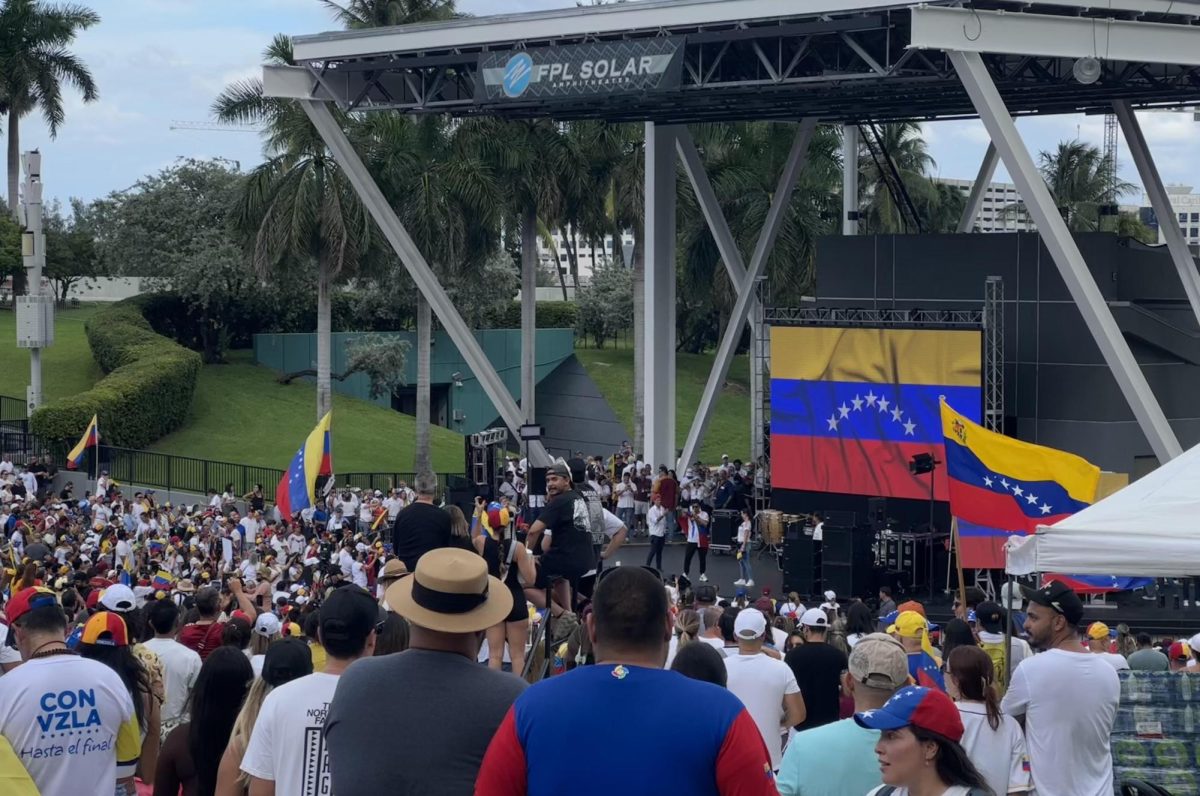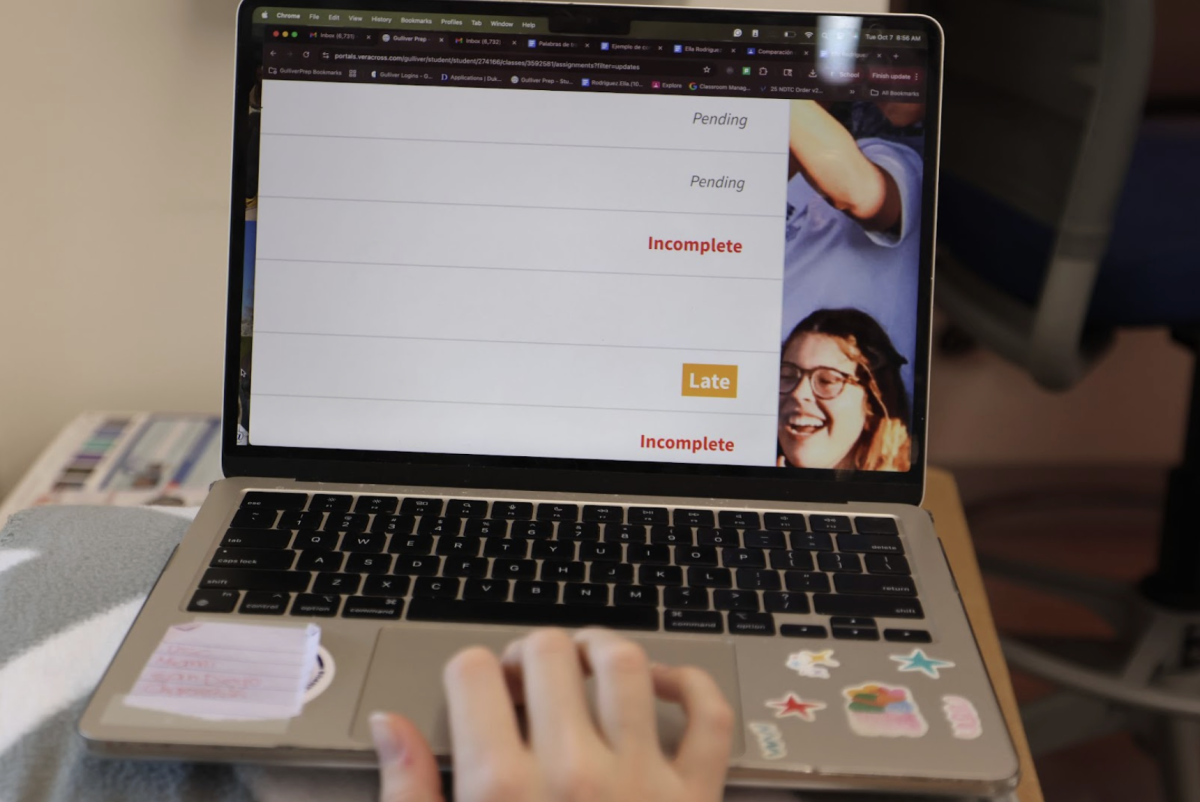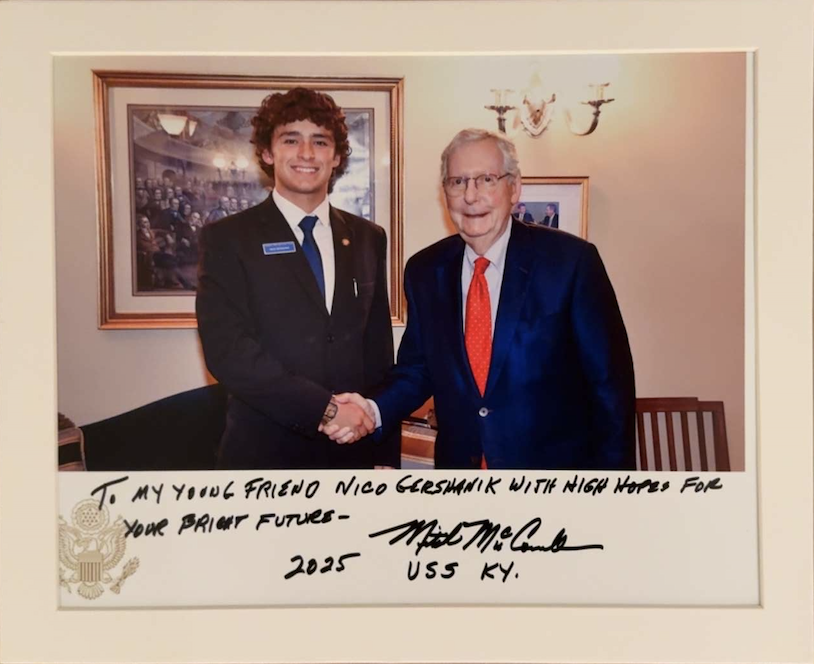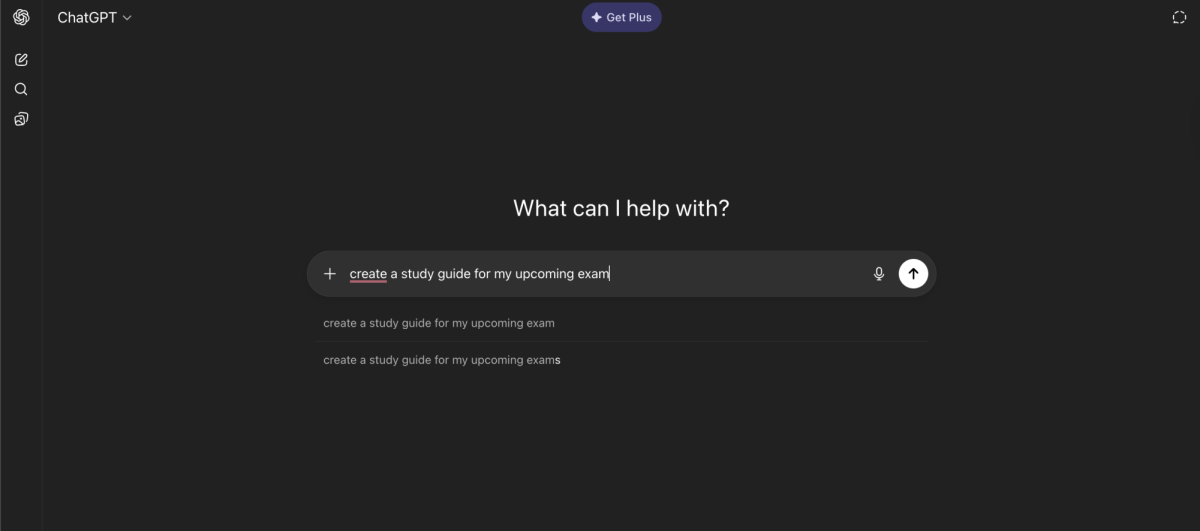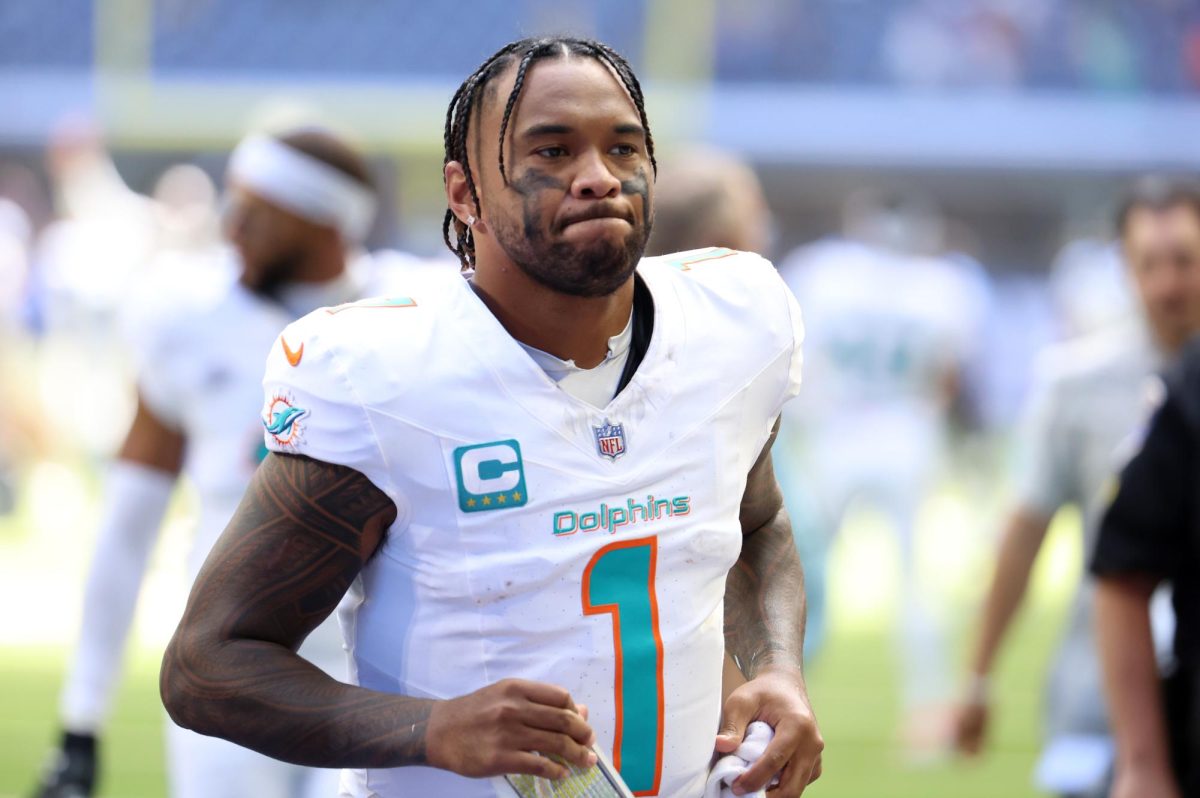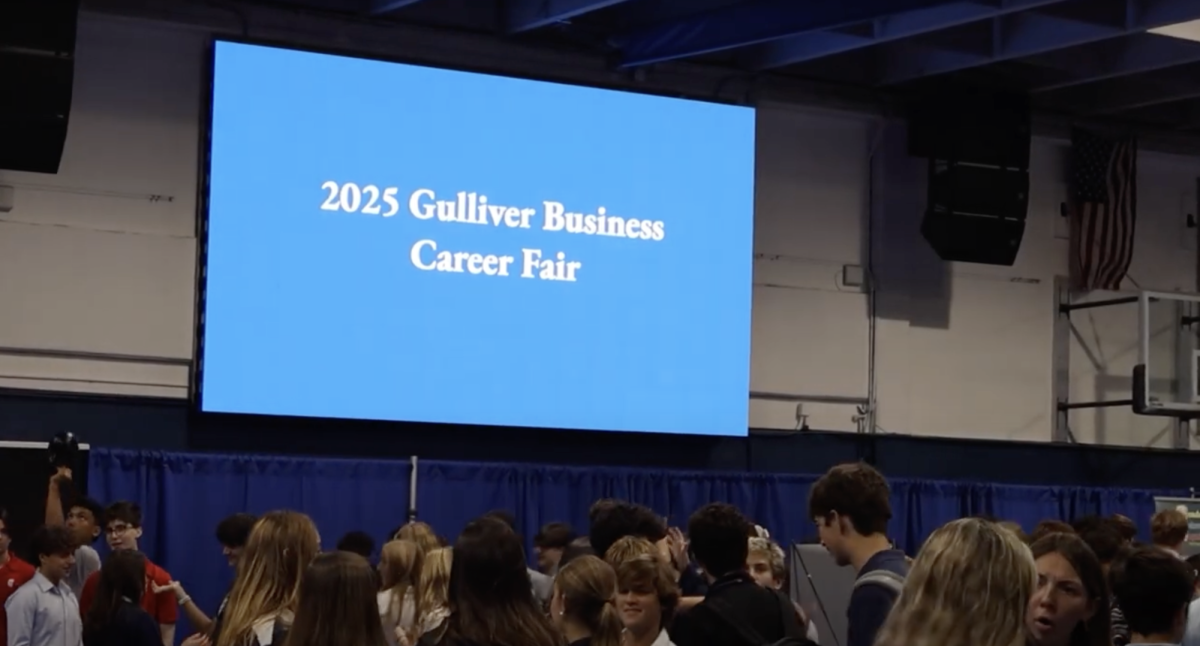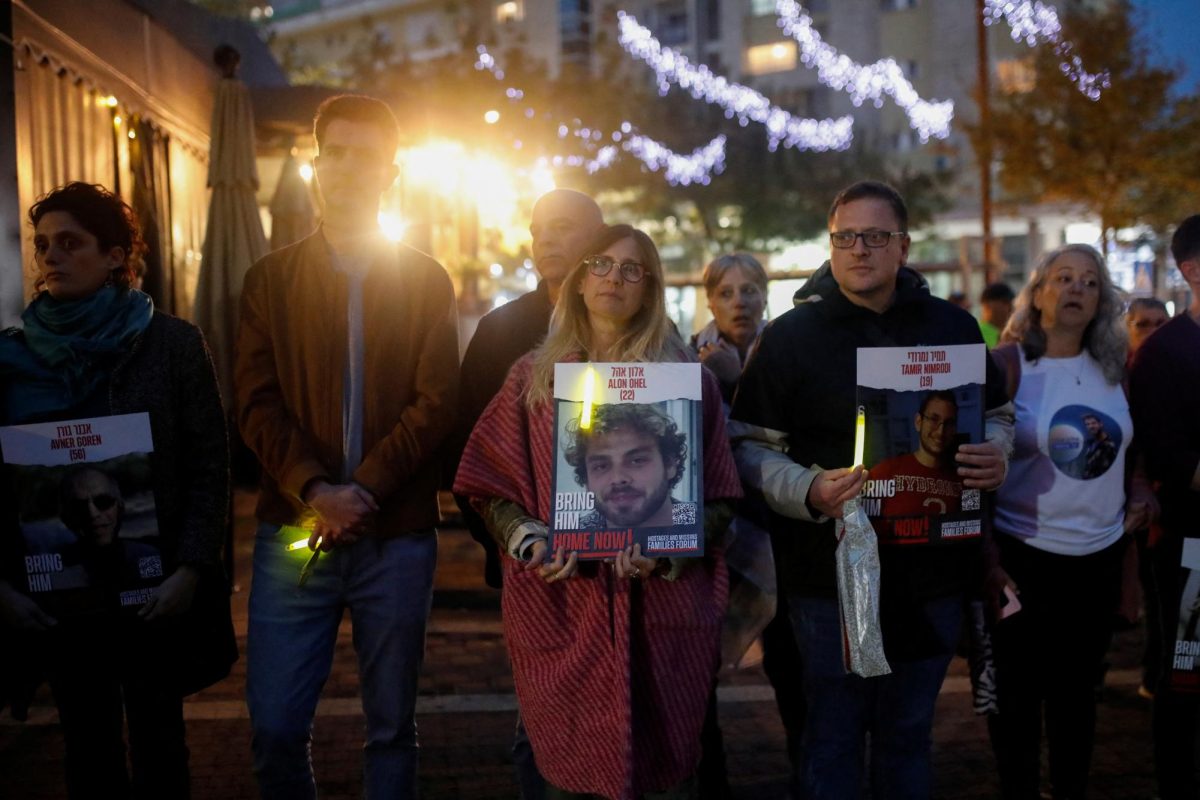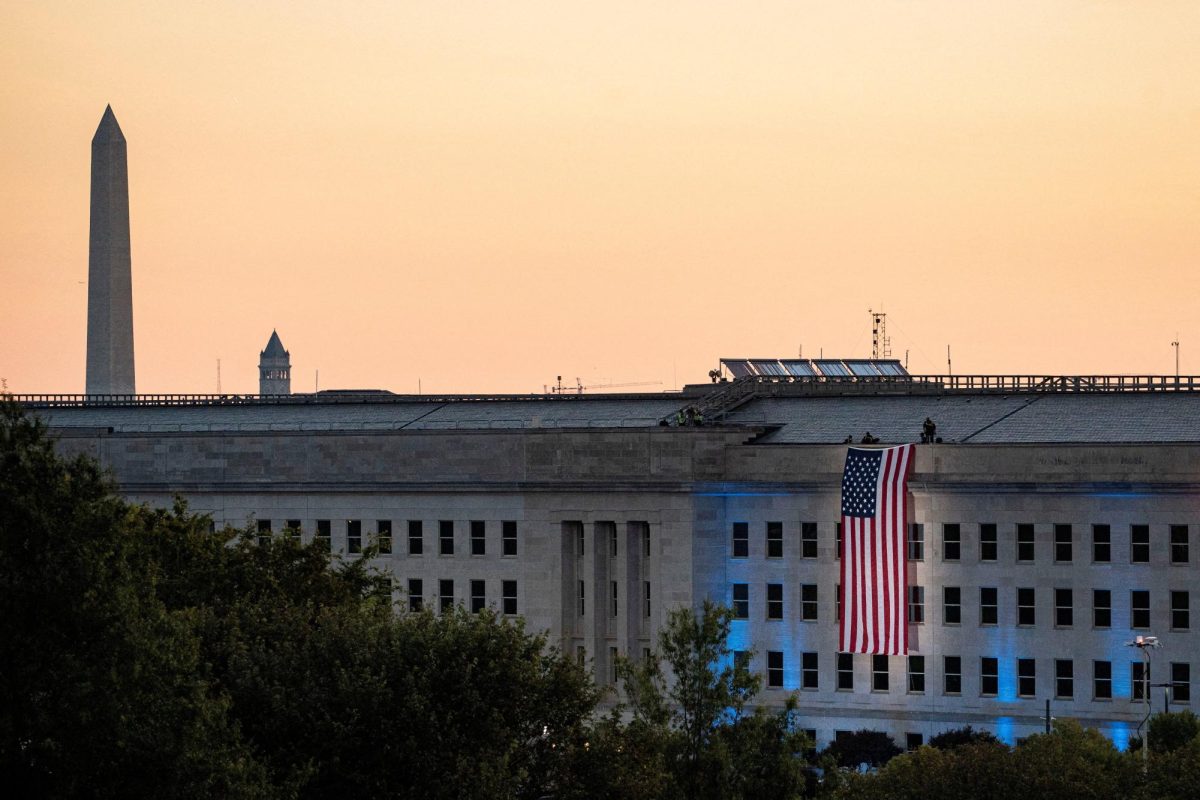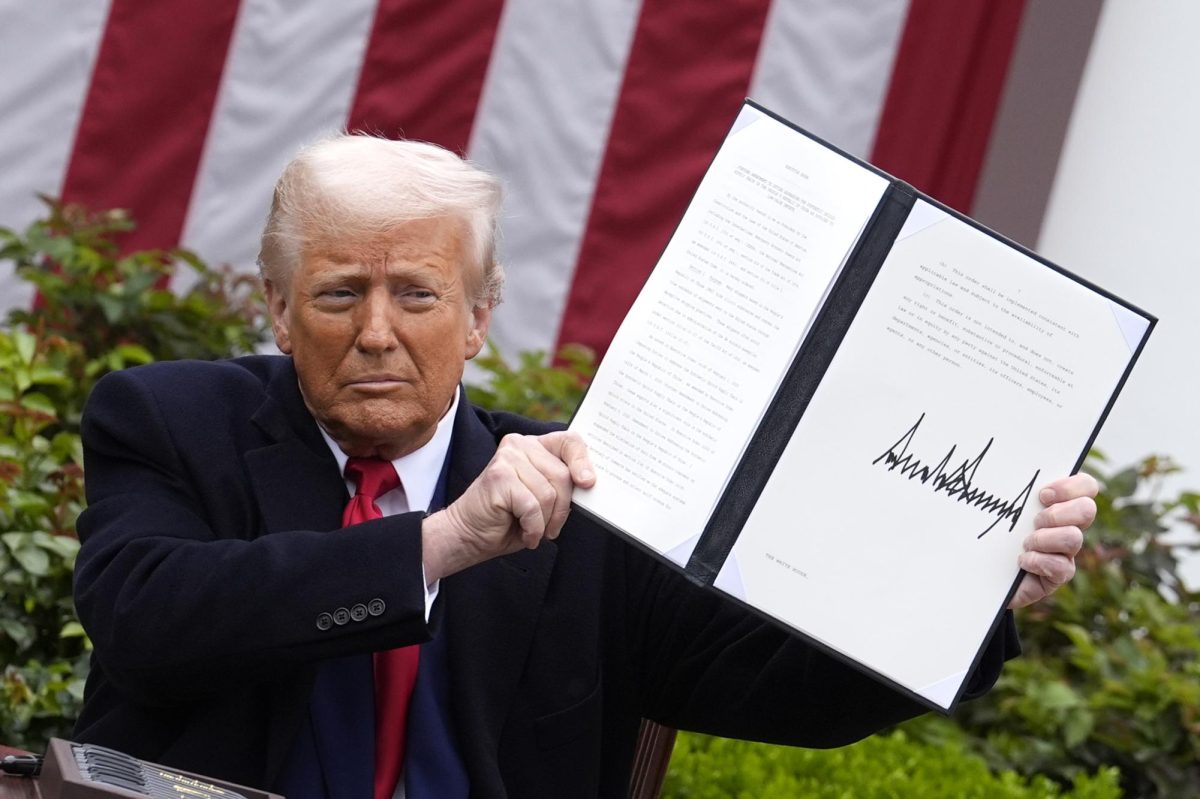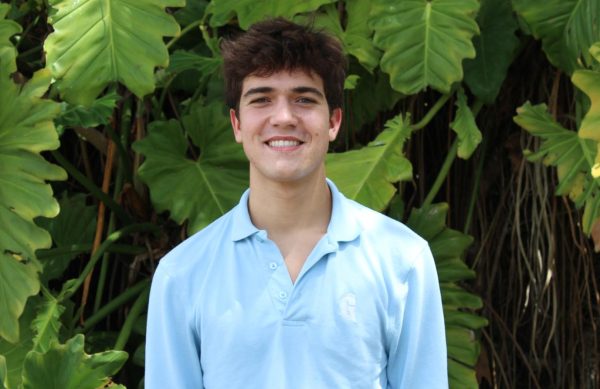*Disclaimer: This article represents Otto’s opinion alone, not that of Gulliver Prep, the administration, or the staff of the Raider Voice.
The Venezuelan election process violated the civil and human rights of the people. On July 28, dictator Nicol√°s Maduro declared fraudulent victory against opposing candidate Edmundo Gonz√°lez. In the subsequent months, pro-democracy rallies across the United States and other nations have sparked a sense of hope, solidarity, and support for the people enduring the crushing reality of a corrupt regime. Yet, amidst the chants and banners, a deep question lingers: what true good do these rallies accomplish if the people of Venezuela are still suffering? How can we, standing thousands of miles away, claim victory in support when the same citizens remain trapped under a system bent on holding them down?
The battle towards placing leaders like María Corina Machado and Edmundo González into office seems endless. Rallies, while inspiring, often do little to touch the heart of the problem — an entrenched regime unwilling to release its grip on power. What lengths must the Venezuelan people go to in order to secure their futures, to ensure that democracy does not remain a distant dream but a lived reality?
The suffering of everyday Venezuelans — with at least 25 killed, 200 injured, and more than 2,400 arrested in post-election protests so far — is a testament to the urgency of this struggle. While it’s important for those outside the country to raise awareness and apply pressure, it’s equally essential to ask whether symbolic gestures truly offer the help the people need or if they serve to placate the conscience of those not living within the crisis. The international community has a responsibility to act, but how do we ensure that action turns into tangible change for those on the ground?
The elections loom as a fragile symbol of hope. But for that hope to materialize into progress, it will take more than rallies. It will require an unwavering commitment for both Venezuelans and the international community to push forward, despite the odds. For Venezuelans to see leaders like Mar√≠a Corina and Edmundo Gonz√°lez in office, it will take unimaginable courage. It will demand compassion not only in words but in actions that can fundamentally change the course of the country‚Äôs future.¬Ý
We must reflect on the limits of solidarity and what more can be done. The voices raised in support must also translate into concrete actions that lift those enduring the hardships of a broken system.

